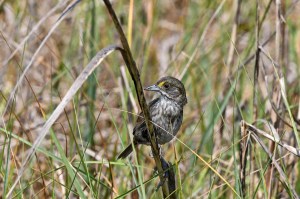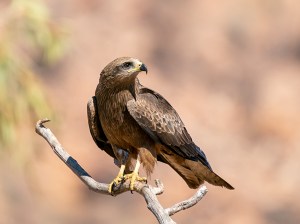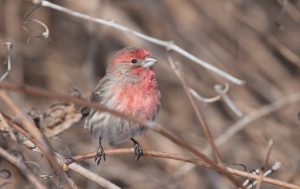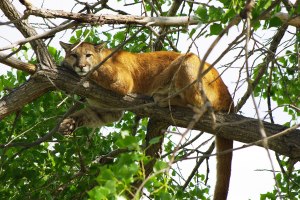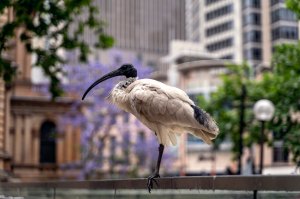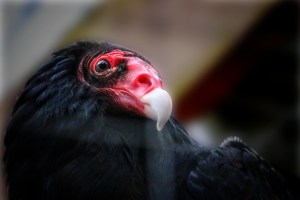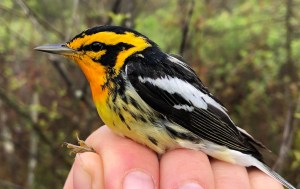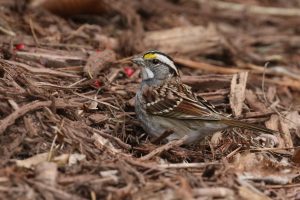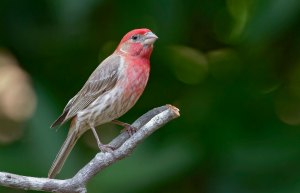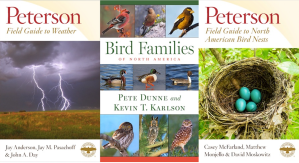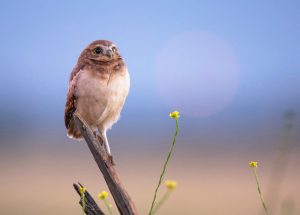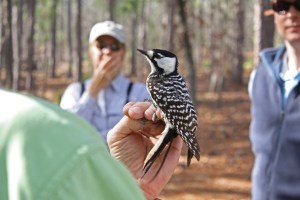Discover stories in Birds
How Sea-level Rise Impacts Marsh Sparrows
Scientists are studying the effects of sea-level rise on salt marshes, and two imperiled sparrow species.
Meet the Raptors That Eat Avocados (and Other Fruit)
We think of raptors as exclusive carnivores, but at least 29 species also consume fruit. Including avocados.
Seeing Red: What the Color of House Finches Can Tell Us
What can house finches teach us about coloration and ornamentation in birds?
How To See More Wildlife
Wildlife watching is a skill that can be learned. Here are some tips to get you started.
Why Do We Hate Trash Birds?
Gulls. House sparrows. Starlings. Rock pigeons. Canada geese. These species are often derided as trash birds. But why do birders dismiss them so easily?
Why Are You Seeing Lots of Vultures Now?
Large flocks of vultures are circling, but it’s probably not because something is dead.
An Introduction to Bird Banding
Bird banding has become one of the most useful tactics in bird conservation. Here’s what you need to know.
Shrinking Birds with Longer Wings?
Are the shrinking body sizes of birds connected to climate change, or something else?
Why Do House Finches Love Your Hanging Plants?
House finches have become a backyard favorite. And they may even take up residence in your hanging plants.
Three New Field Guides for Bird & Weather Nerds
Here are three great new field guides that will teach you everything you've ever wanted to know about weather phenomena, how to identify bird nests, and the ins and outs of bird families of North America.
Burrowing Owls Face an Uncertain Future
Why are burrowing owls declining? Research and hope for the underground owl of the Americas.
True Grit: Adventures in Red-Cockaded Woodpecker Research
Researcher Lauren Pharr enters the intense realm of woodpecker research – and climbing trees.
